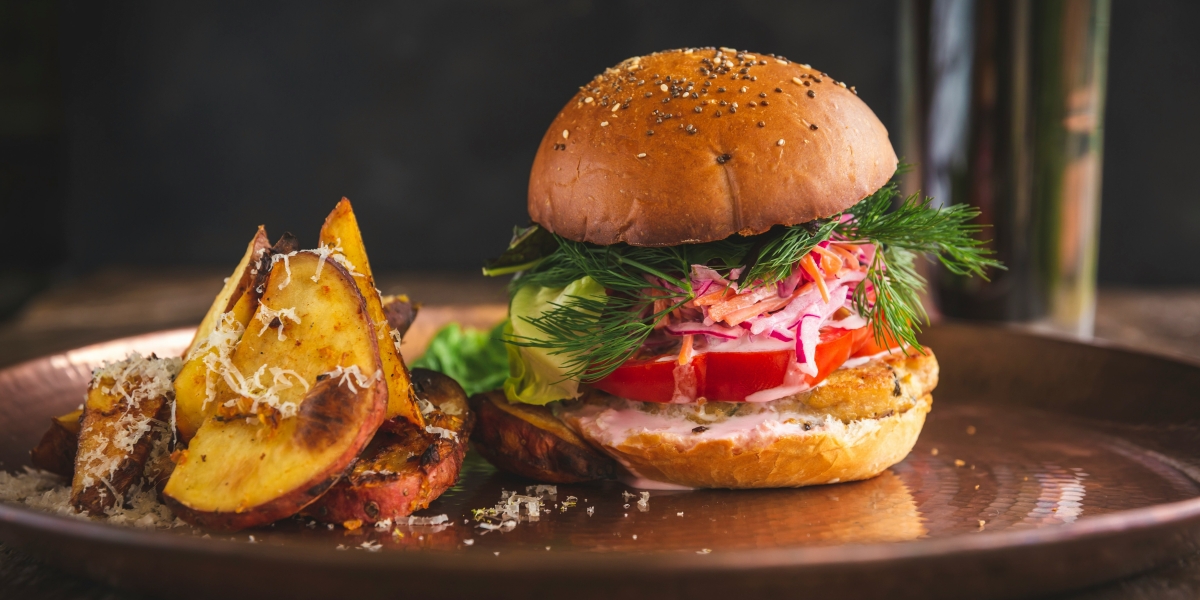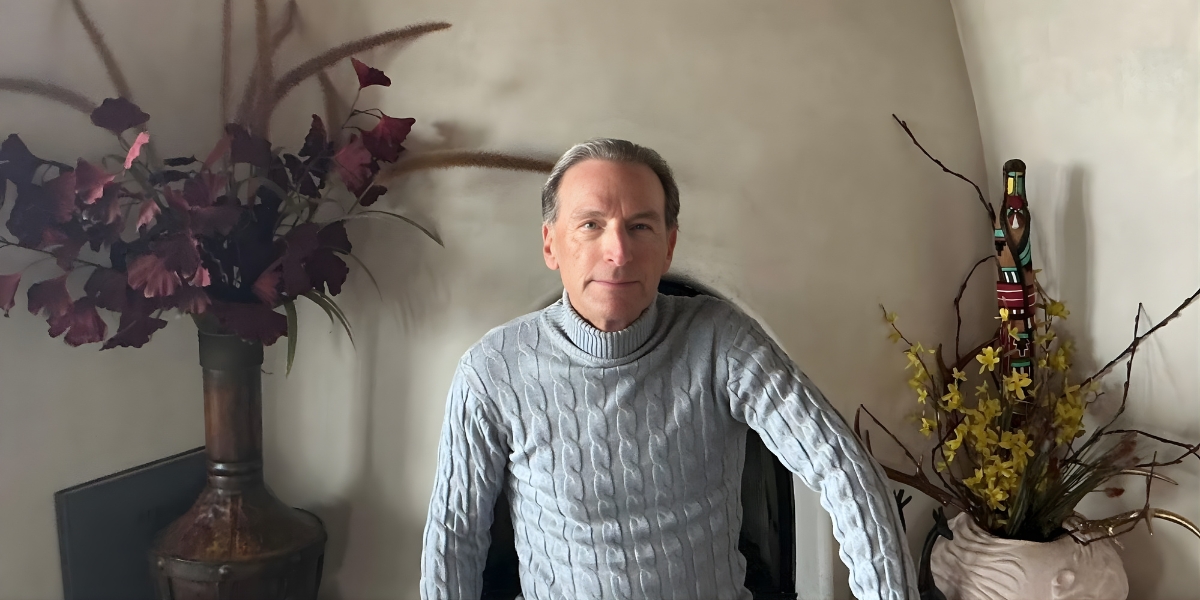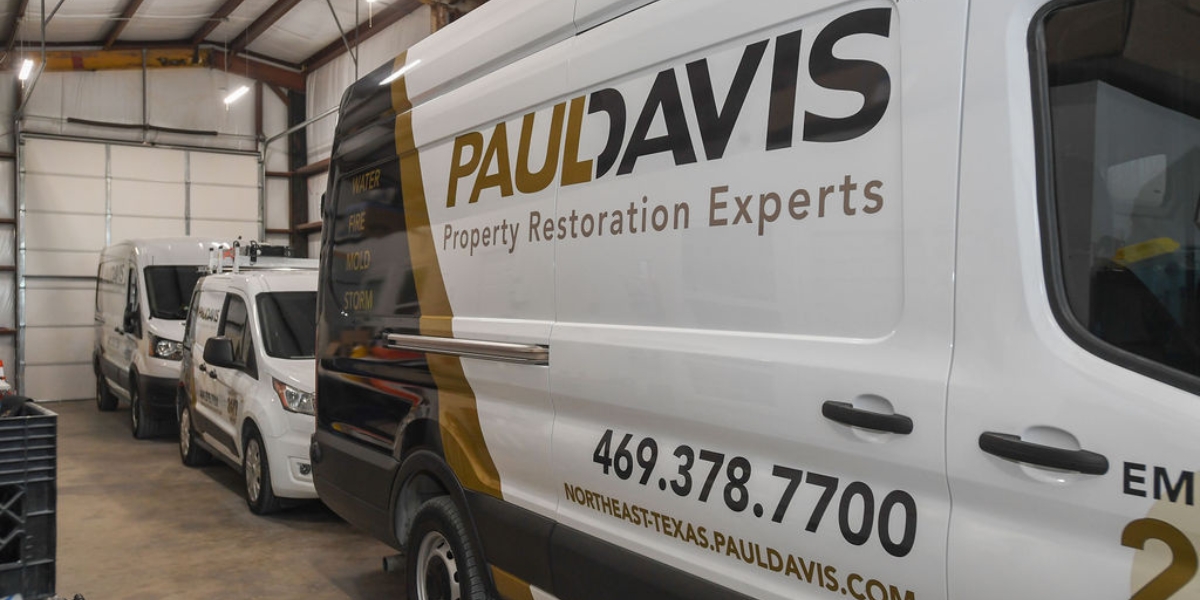By: Lisa Patrick
In a time when literature often avoids uncomfortable truths, Tejas Desai leans into them. His latest release, Bad Americans: Part I, is more than a book—it’s a call to reflection. The newest installment in his ambitious anthology series The Human Tragedy, this pandemic-era frame novel combines the emotional heft of investigative storytelling with bold literary innovation. And it starts with a question: What is a Bad American?
It’s not the first time Desai has asked this. His acclaimed literary debut Good Americans posed its own moral query, painting a raw, unfiltered portrait of society’s margins. But with Bad Americans, he takes things even further. This time, twelve diverse characters—strangers from different walks of life—find themselves isolated in the palatial estate of a tech billionaire during the height of the COVID-19 pandemic. As they share stories of love, loss, rage, injustice, and hope, the reader is left to decide: which of these flawed, fully human voices speaks to the truth of America today?
Desai explains, “At the heart of the book is a moral question: what is a Bad American? These people are from different worlds and would never hang out with each other. Each has flaws. Some of these are exacerbated by their group dynamics, and even more so by the circumstances of the pandemic.” That tension—between connection and collision—drives the novel’s urgency.
Though Bad Americans is fiction, it’s deeply rooted in real-life experience. Desai was living in Queens, New York—an early epicenter of the pandemic—when the virus first struck. He fell ill himself in January 2020 and watched his own family suffer. His mother worked at Elmhurst Hospital, and his father was seriously sick. Friends and neighbors died. This wasn’t a story he imagined from a distance—it was one he lived.
But Bad Americans is more than personal testimony. It’s the product of rigorous research and wide-reaching conversations. Desai consulted nurses, social workers, soldiers, lawyers and spoken word poets to ensure the voices in the novel rang true. “There have been other novels that touched on the COVID pandemic,” Desai says, “but I don’t think there’s ever been as serious an attempt to create this kind of comprehensive portrait of the human experience during the pandemic: hence The Great American Pandemic Novel.”
Stylistically, the book takes risks. Each character’s story stands alone as a powerful narrative, but they’re tied together through a frame that plays out like a reality show—a concept Desai chose deliberately. “I wanted to show the excess and the ‘good life’ that these characters had versus the messy reality many people were living through as documented in the stories.” The contrast between the glitzy isolation of the mansion and the gritty truth of their tales creates a striking emotional resonance.
Desai’s background in noir fiction and cultural criticism sharpens the edge of the book. While he draws on inspirations like The Decameron and The Canterbury Tales, Bad Americans is unmistakably modern—fast-paced, fierce, and unflinching. Yet beneath the social commentary lies something timeless: a belief in the power of storytelling to reveal shared humanity.
When asked if real people inspired any of the characters, Desai simply says: “Yes, but I won’t tell. You’ll have to figure that out yourself.” It’s another nudge toward reflection, the kind that defines the book itself.
And if readers take away just one thing? Desai puts it plainly: “The human experience is diverse but it still retains a core truth—we’re all flawed, we’re all living on borrowed time, and yet we can make the most of it and do remarkable things. We can all care about each other.”
With Bad Americans: Part I, Desai has created a literary time capsule and a mirror. It’s a novel that dares readers not just to examine the country, but their place within it. At once a searing social critique and an ode to resilience, it proves that fiction can still make us feel, think, and change.
Preorder your copy of Bad Americans: Part I now and be part of the conversation.








